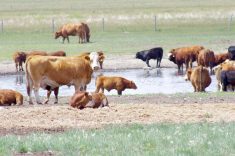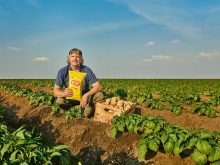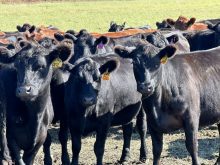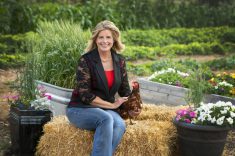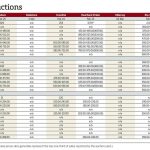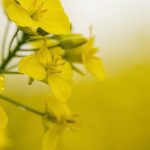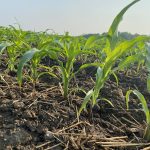The locations for dropping off ag plastic jugs in Alberta is being moved entirely to ag retailers instead of municipal landfills and transfer stations, says the organization that runs the recycling program.
“Transitioning to a retail-based collection for the jug program shifts responsibility to accept empty containers from Alberta municipalities to the ag industry, which harmonizes the collection system across Canada,” said Barry Friesen, executive director of Cleanfarms. “In all other provinces except Alberta and Manitoba, we collect empty containers at ag retailers.”
The move, which is also occurring in Manitoba, is being phased in over three years, but 21 municipal sites in Alberta will shortly be exiting the program or already have, the organization said.
Read Also
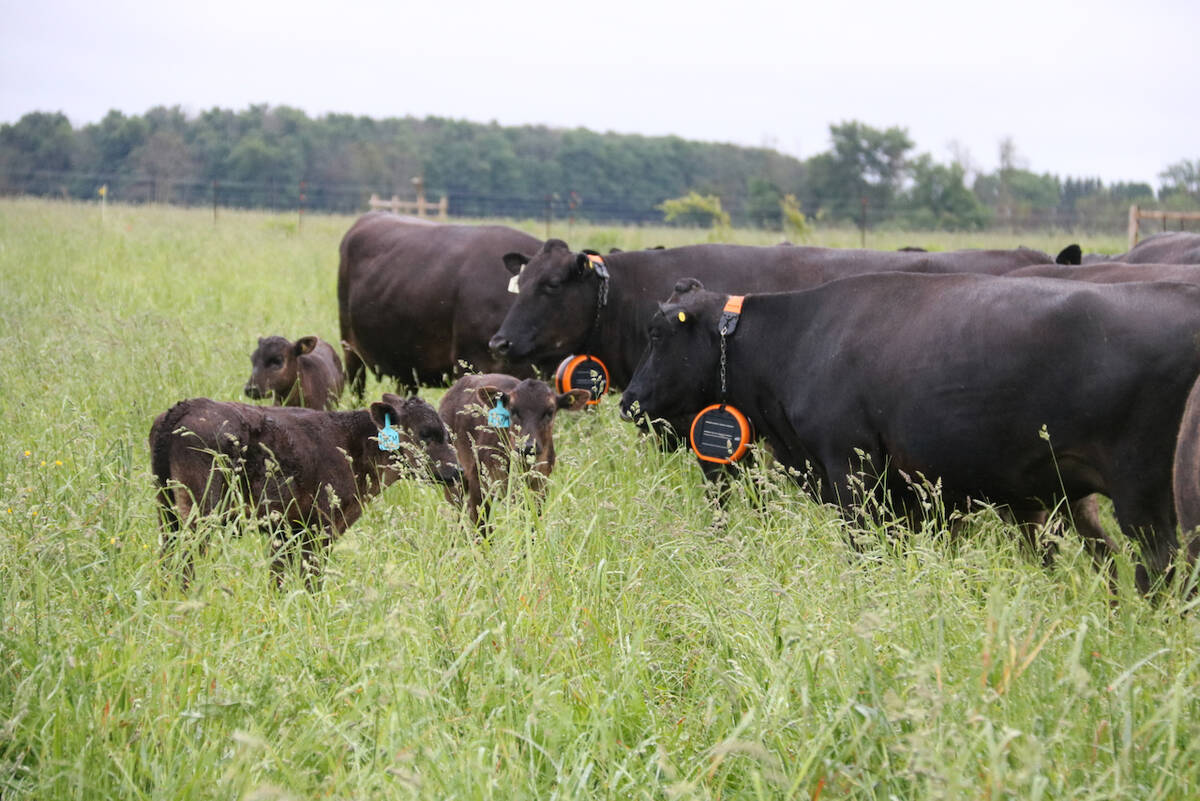
How soil fertility management can boost pasture yield by 43 per cent
Learn how soil testing and targeted fertilization can increase pasture biomass by 43%. Expert tips on N, P, and K management for beef cattle producers.
“These municipal locations have not been extensively used in recent years,” Cleanfarms said in a release. “In case producers do go there, signage is prominent, along with Cleanfarms website information to redirect producers to the new, nearby collection sites. Ag retailer sites will open, some even before municipal sites close, to accept empty pesticide and fertilizer containers.”
Being able to drop off 23-litre and smaller containers — in addition to drums and totes — at ag retailers will be more convenient for farmers and they will also be given, at no cost, a large plastic bag that can hold up to about 45 empty containers each.
“Producers like the plastic bags,” said Friesen. “They make managing empty containers simple. In provinces where we’ve been using plastic bags for a while, recycling rates have increased. Bags make it easier to manage empties so producers bring back more of them for recycling. This works quite well.”
Another 58 municipal sites in Alberta will stop collecting containers at the end of the year, with the remainder following in 2023 and 2024. For more information, the Cleanfarms website has a map that shows all the municipal sites and they are colour coded according to when they will stop accepting empty pesticide and fertilizer containers.
“Producers should ask their ag retailers when they can start returning empty jugs to those locations,” the Cleanfarms release said.
Before dropping off ag plastic jugs, producers are required to:
- Rinse containers (by way of chemical handler/triple rinsing/or pressure rinsing);
- Remove paper booklets, and discard; take caps off and discard; and
- Place rinsed containers in a collection bag and securely close (and not place any other materials in the collection bag other than pesticide and fertilizer jugs).
However, seed treatment containers are handled differently. Caps must be securely on to prevent contamination and they should be bagged separately from non-seed treatment containers.




